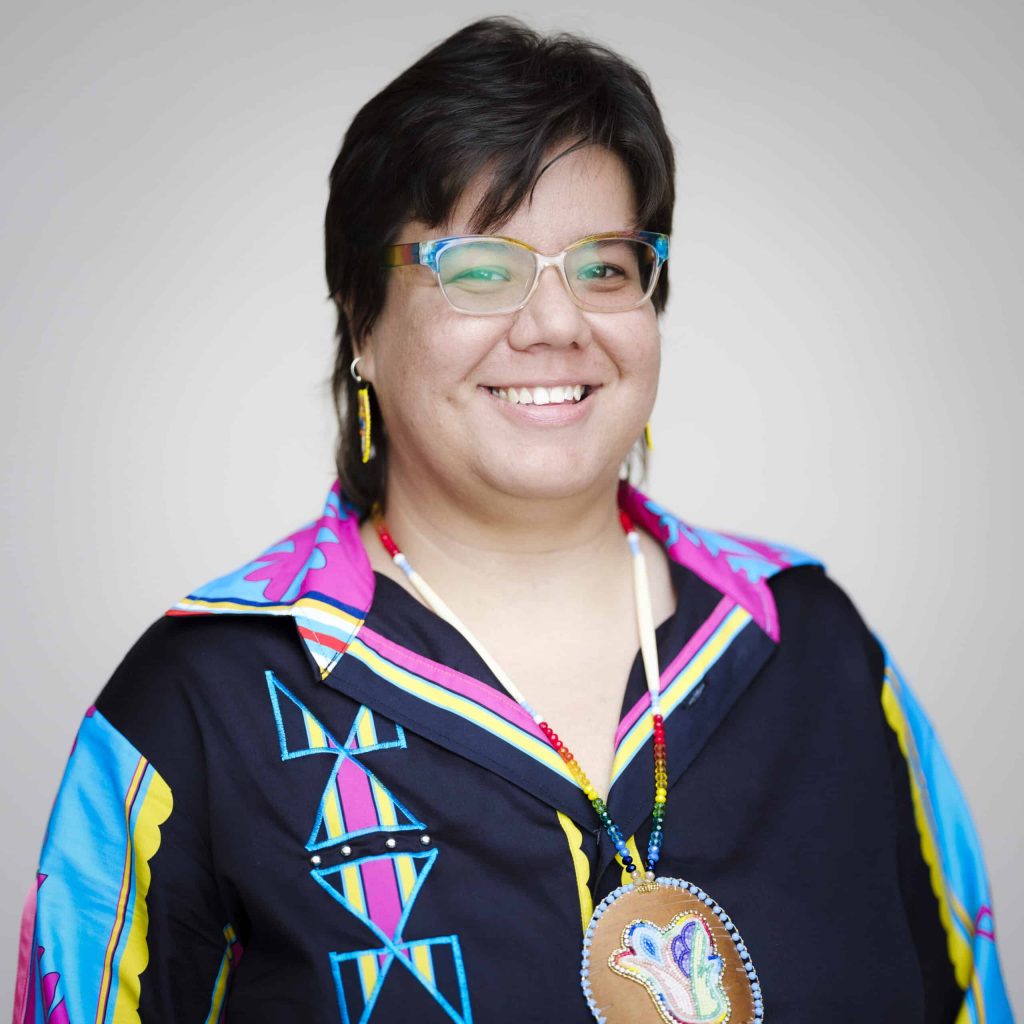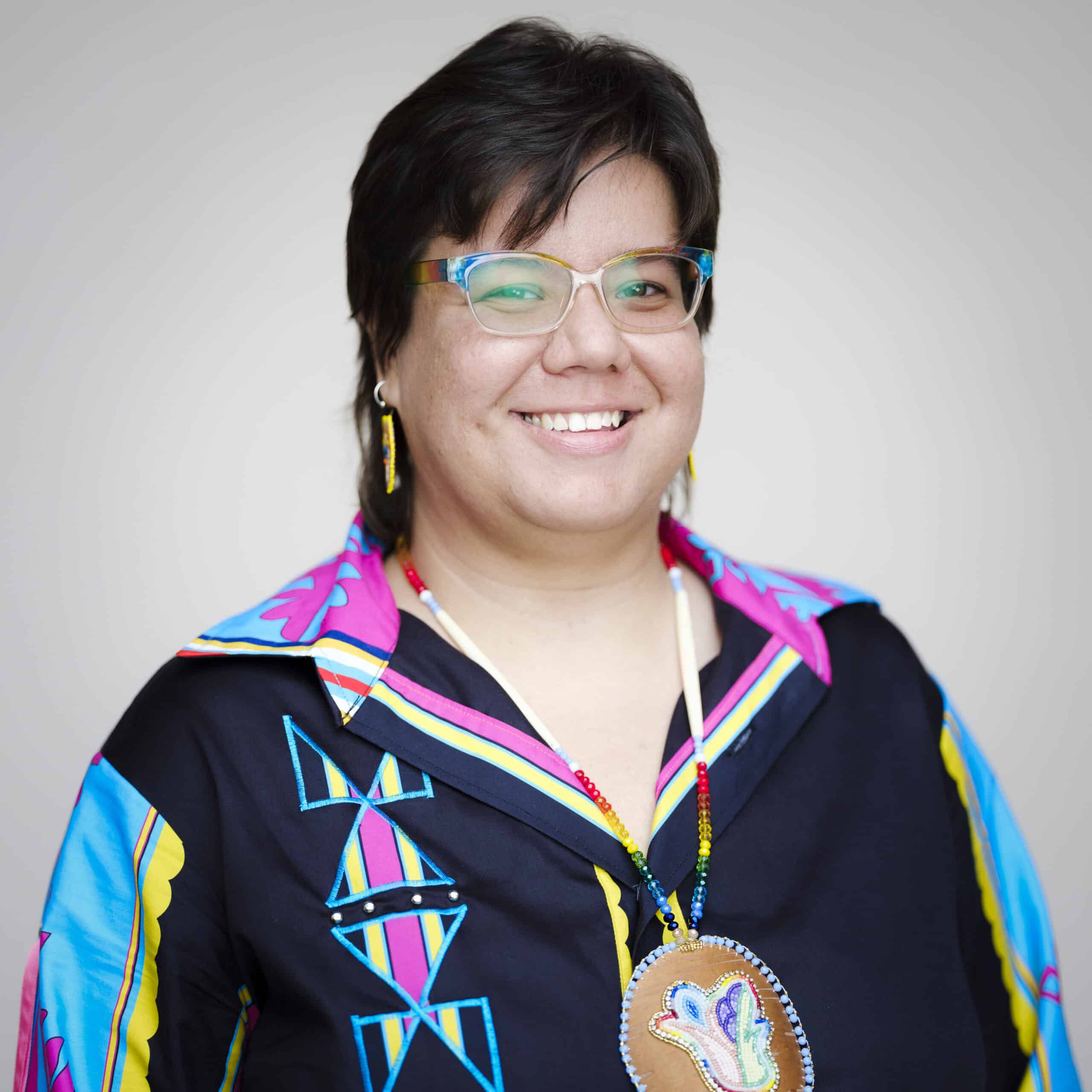
Institute of American Indian Arts Introduces Distinctive Low-Residency MFA Program in Studio Arts

**Pursuing Creativity: The Master of Fine Arts in Studio Arts at IAIA**
The Master of Fine Arts in Studio Arts (MFASA) at the Institute of American Indian Arts (IAIA) represents a groundbreaking graduate program tailored to meet the evolving needs of contemporary artists. This low-residency model seamlessly blends academic rigor and creative exploration with students’ ability to maintain professional, familial, and community-focused lives, making it an ideal choice for aspiring artists who require flexibility without compromising quality. By emphasizing interdisciplinarity, Indigenous knowledge systems, and individual artistic growth, the MFASA program stands out as a transformative opportunity for creative professionals around the globe.
### A Flexible, Low-Residency Format
For many artists, pursuing an advanced degree can be daunting due to the challenges associated with leaving behind careers, personal commitments, and rooted communities. IAIA’s MFASA program offers a clear solution. By adopting a low-residency format, the program enables students to earn a Master of Fine Arts without uprooting their lives. This innovative approach allows students from anywhere in the world to actively engage in the program while maintaining connections to their communities and professional work.
The program combines online coursework and at-home studio practices with short, intensive in-person residencies. These residencies—held twice yearly—immerse students in a dynamic exchange of ideas, guided mentorships, and collaboration with accomplished artists and peers. The balance between virtual and in-person components allows students to fully concentrate on their artistic growth without sacrificing their everyday responsibilities.
### Centering Indigenous Ways of Knowing and Interdisciplinary Creativity
At the heart of the MFASA program is its commitment to fostering a culturally rich and intellectually stimulating environment that celebrates Indigenous Ways of Knowing. This pedagogical framework places Indigenous perspectives, values, and practices at the forefront of artistic exploration and education. By doing so, the program not only addresses the unique challenges Indigenous artists often face but also empowers them to assert their voices within global artistic dialogues.
In addition to its Indigenous focus, the curriculum encourages interdisciplinary art practices, recognizing that contemporary art frequently exists beyond traditional categorizations. Students are given the freedom to experiment, explore, and integrate diverse mediums, techniques, and conceptual frameworks into their work. Whether working in painting, sculpture, performance, or combinations of various disciplines, students are encouraged to take a critical and courageous approach to their craft.
### Mentorship with Prominent Indigenous Artists
Mentorship is a cornerstone of the MFASA program and a key to its success. Students have the rare opportunity to work closely with renowned Indigenous artists who serve not only as guides but also as models of professional success and creative leadership. These mentorships foster deep, meaningful partnerships that go beyond technical training, offering students perspectives that are rooted in shared experiences and cultural heritage.
Through personalized mentorship, students can refine their artistic processes, engage in critical dialogue, and develop their unique visions as creators. The program values individuality, ensuring that each student’s voice, perspective, and journey are given the attention and respect they deserve.
### Engaging with Complex Histories and Contemporary Discourses
Artists in the MFASA program are encouraged to grapple with complex histories and the evolving role of art in diverse, multicultural societies. By critically engaging with narratives of colonization, representation, and resilience, students are empowered to create works that reflect both their personal identities and broader cultural contexts.
This critical inquiry positions the program as an incubator for meaningful, socially engaged contemporary art practices. In a global art world where inclusivity and decolonization are increasingly central topics, the IAIA MFASA program equips students to contribute thoughtfully and substantively to these ongoing conversations.
### IAIA: A Legacy of Indigenous Art Education
Since its founding in 1962, the Institute of American Indian Arts has been a leader in advancing Indigenous arts and cultures. IAIA’s mission continues to revolve around providing world-class contemporary art education while amplifying the voices and experiences of Native communities. Guided by this history, the MFASA program is an extension of IAIA’s enduring vision to support and celebrate Indigenous artists.
In addition to the MFASA program, IAIA offers other notable low-residency MFA programs, providing creative professionals with opportunities to balance tradition and innovation, community engagement, and artistic production. Throughout its history, IAIA has cultivated an environment designed to inspire, support, and propel artists to the forefront of contemporary culture.
### Applications Open for the Class of 2025
Applications for the MFASA program at IAIA are currently open, with a deadline of February 15, 2025. Artists from all backgrounds who are eager to explore their practice in a supportive, culturally responsive environment are encouraged to apply. Aspiring students should prepare to immerse themselves in an enriching experience that nurtures creativity, intellectual exploration, and cultural leadership.
For more information on the program and how to apply, visit IAIA’s official website at [iaia.edu](https://iaia.edu).
### Conclusion
The Master of Fine Arts in Studio Arts